Study finds Australians hide their views amid rising cancel culture
The spread of “cancel culture” has hit the younger generations, with many Gen Zs and Gen Ys now afraid to speak their mind, a new report finds.
NSW
Don't miss out on the headlines from NSW. Followed categories will be added to My News.
They’ve been dubbed the “Quiet Australians” — and now a new report shows that almost one in four Australians have been forced to hide their views on social issues and politics as a result of cancel culture.
Younger Australians have been the most affected, with almost half saying they have struggled to “be their authentic self for fear of judgment or exclusion”.
The report called Cancel Culture and Acceptance in Australia – Exploring Australians’ Acceptance of Others and their Worldview, by social demographer Mark McCrindle, examined the views of more than 1000 people across the country.
People reported being afraid to express their views over red button issues such as the abortion debate in the US, parenting styles, religious beliefs and even the ethics of “environmental shopping” such as not using plastic bags.
The research also uncovered a change in attitudes about the idea of “tolerance”.
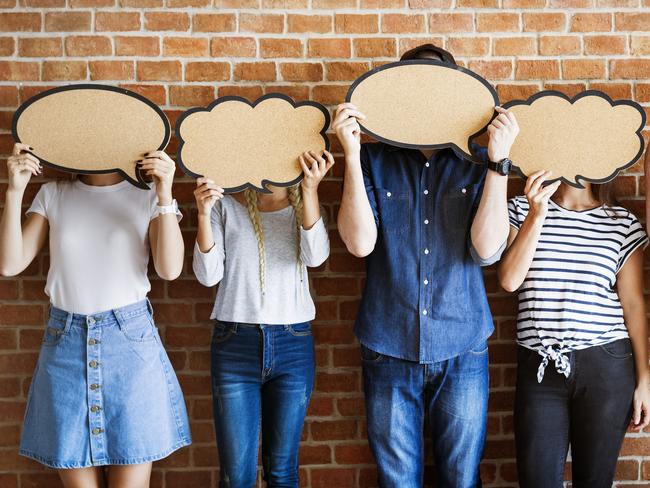
Once it meant accepting a person – regardless of the other person’s views.
Now Mr McCrindle has picked up a shift: People are saying they won’t accept the other person if they don’t accept their views as well.
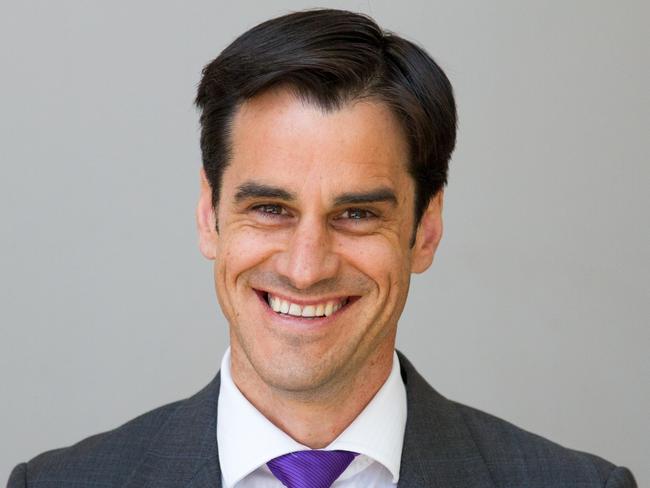
Only 38 per cent of Aussies say they would accept the individual regardless of their views, compared to 50 per cent in 2020.
“You get cancelled, you get pulled if you don’t actively support someone’s world view or if you don’t behave like me,” Mr McCrindle said.
“It’s very tribal, but this is not a game of footy we’re talking about. Accepting people for who they are is foundational to our society.”
Mr McCrindle’s report found 40 per cent of Generation Z (those aged in their 20s) say they are increasingly “self-censoring” when and with whom they share their opinions, compared to 21 per cent of Baby Boomers.
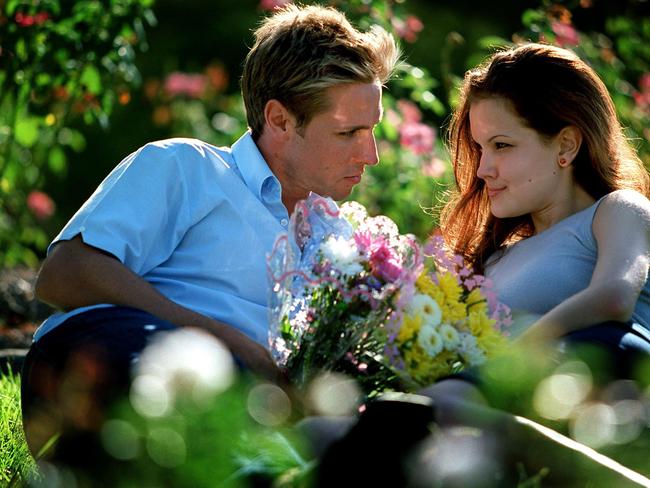
Thirty five per cent of those born between 1980 and 1994, Generation Y, hide their opinions.
But it is the Baby Boomers and Generation X who most hate the onset of cancel culture, at 63 and 62 per cent respectively.
“The fact that one in four Australians have to hide their beliefs on social issues, public policy and even the political party they support highlights the challenges we face in our public discourse,” Mr McCrindle said.
“Young Australians have been most impacted by this cancel culture.”
Outspoken MP Mark Latham says he speaks to public servants regularly who tell him they disagree with courses on PC topics like “unconscious bias” but can’t speak out for fear of losing their jobs.
“They say to me I’m here to make the trains run on time, make schools better and so on — but they have to do these woke ceremonies, courses and activities that don’t solve any problems or else they’ll lose their job.”
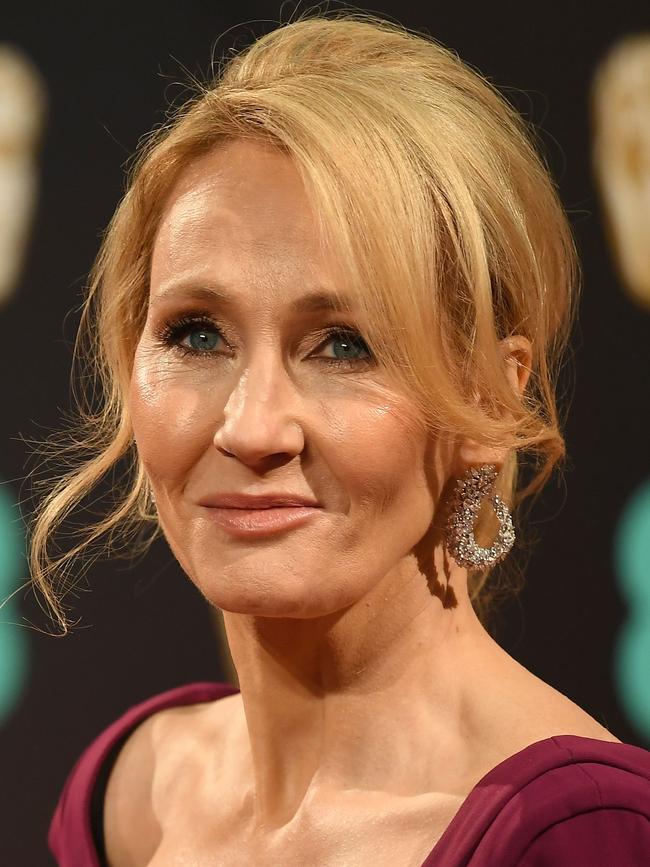
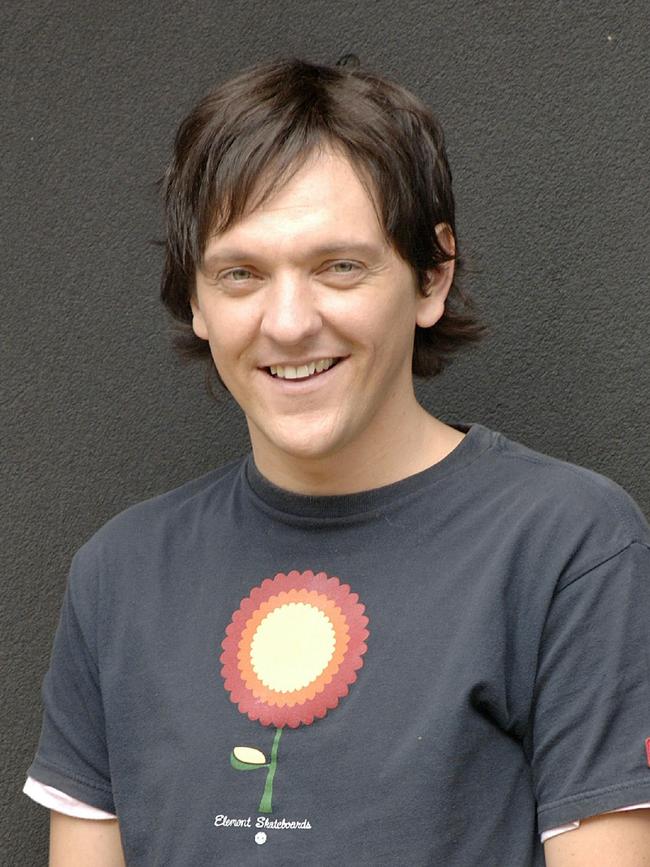
Some of the most infamous cancel culture victims recently have included best-selling children’s author JK Rowling, popular US podcaster Joe Rogan, Dr Seuss books, as well as comedians Chris Lilley and John Cleese, who have had episodes of their popular shows removed from being screened.
Other recent victims of cancel culture include actor Sam Frost over her vaccine views, celebrity chef Pete Evans and singer Sia over her movie about autism.
Giggle podcast founder Sall Grover, who was dragged to the Human Rights Commission and the Federal Court over having a female-only chat group, said every week she would speak to a woman “has been cancelled for speaking out on women’s rights”.
“A lot of people think cancel culture is someone being completely silenced, so they use people continuing to speak as evidence that cancel culture doesn’t exist,” she said.
“But cancel culture is a psychological game.
“The point of it is to have a person ostracised from their profession and social lives, based on their opinions.
“So it makes everyone fearful. I firmly believe the more people who ignore it, the quicker this nonsense will go away. The most important thing to do is keep speaking.”

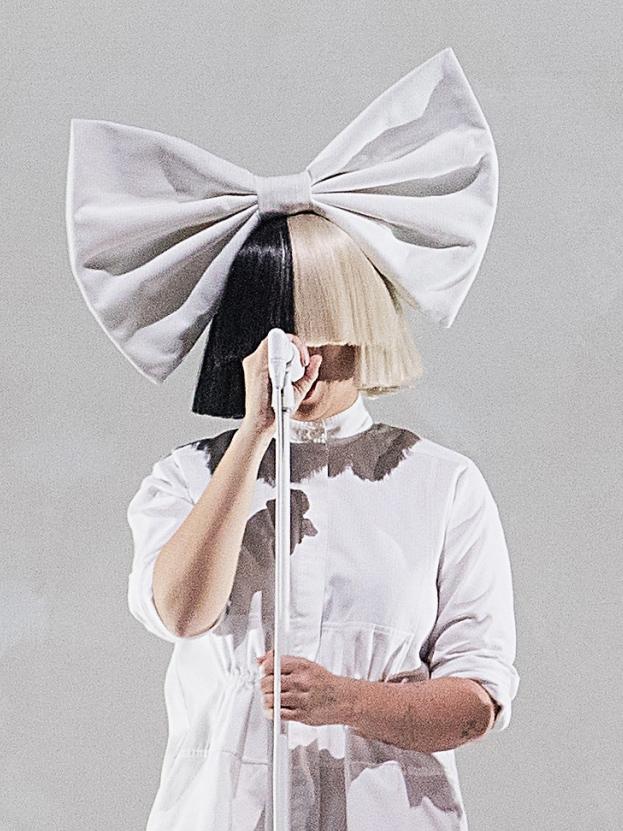
Mr McCrindle found the topic most people felt they had to hide was “beliefs on social issues”, which could include things like Roe v Wade, followed by politics and policy issues, political parties, views on vaccinations, parenting styles, values and faith and ethical and environmental shopping.
A key reason Australians have for hiding their beliefs was a fear of potential judgment and exclusion.
“This suggests that while there is an overall sense of confidence among Australians, there remains a general fear towards challenging societies’ status quo,” Mr McCrindle said.
“Even parenting styles or career choices are increasingly no-go zones, 20 per cent say they have to hide that,” Mr McCrindle said.
“And even brands or product purchases of ethical environmental shopping are affected – with 12 per cent feeling the need to hide that, because they are carrying around plastic bags or their eggs are not free range ones.
“Suddenly they are a bit quiet on that.”
Tasmanian Isla MacGregor, who campaigns on behalf of women and children with the Coalition of Biological Reality — and has been a victim of cancel culture over the trans debate — says the PC attacks are not just an “attack on free speech or democracy”.
“It’s not just a blight on democracy and free speech and freedom of association – it’s actually fragmenting friendships and families,” she said.





